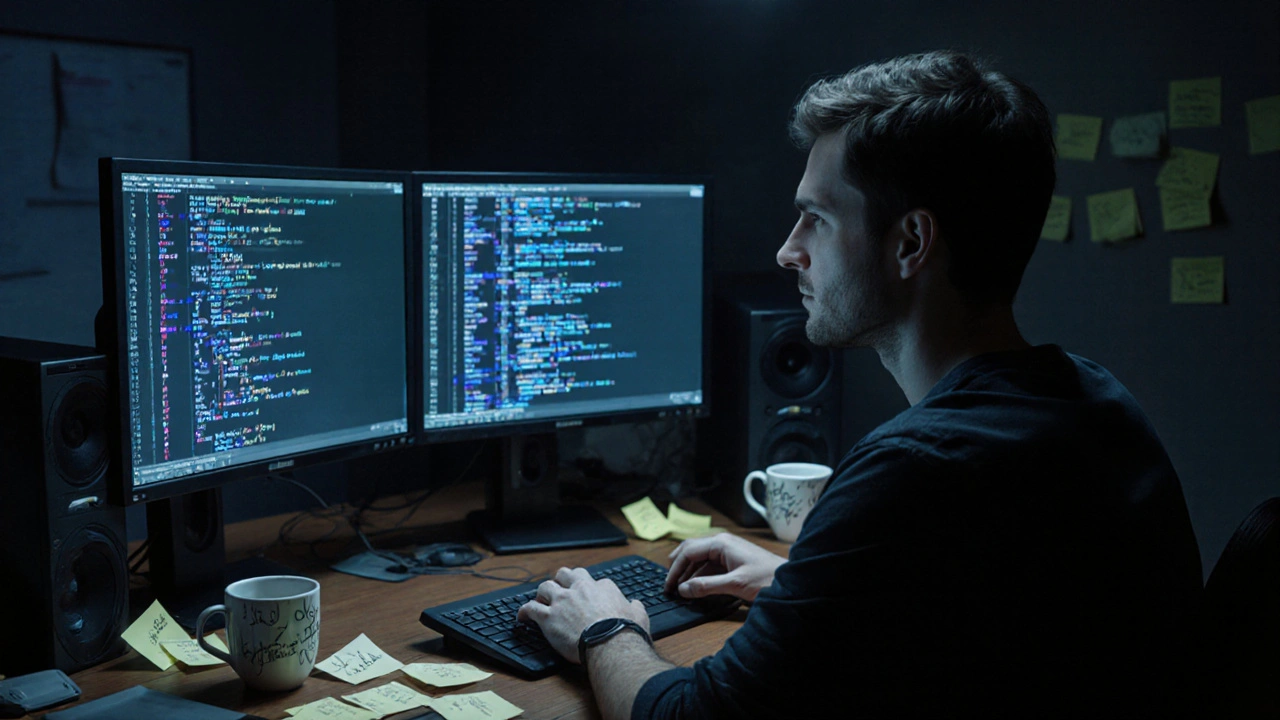Programming Errors: Mastering Debugging and Writing Better Code
Ever hit a wall because your code just won't work? Happens to everyone, and it's usually due to programming errors—those pesky bugs that stop your program from running right. Understanding what causes these errors and how to fix them can save you a lot of headaches and make you a better coder.
Programming errors come in many forms: syntax mistakes, logic slip-ups, or even unexpected behavior due to how your code interacts with data or other software. The key is not to fear them but to learn how to identify and fix these issues step-by-step.
Why Debugging Skills Matter
Debugging is more than just hunting for typos. It’s about thinking like your program: where could it be going off track? Good debugging techniques help you catch errors faster and prevent future bugs. For example, breaking your problem into smaller parts and testing each separately makes it easier to spot what’s wrong.
Use tools like debuggers or simple print statements to check the state of your program at different points. This gives you clues about where the error hides. Some mistakes are sneaky, like off-by-one errors or incorrect variable use, but with practice, you’ll spot these quickly.
Tips to Avoid Common Programming Errors
Start simple. Write clean, readable code instead of trying to do everything at once. Clear code reduces mistakes and helps you understand your own work later. Also, don't hesitate to ask for help or look up similar problems—often, someone else has faced the same issues.
Another great habit is to test your code regularly as you build. Waiting until everything is finished makes it harder to find where things broke. Think of testing as a safety net catching errors early so your project stays on track.
Finally, when you find a bug, take a moment to understand why it happened. This reflection helps you avoid repeating the same error and sharpens your skills over time.
Programming errors are frustrating but totally fixable. With the right approach to debugging and thoughtful coding habits, you turn those roadblocks into stepping stones on your programming journey.

- Nov 9, 2025
- Alfred Thompson
- 0 Comments
Mastering Code Debugging: The Key to Better Programming
Mastering code debugging is essential for every programmer. Learn practical steps, common mistakes, and proven tools to find and fix bugs faster-without guesswork or frustration.

- Mar 21, 2024
- Alaric Stroud
- 0 Comments
Mastering Code Debugging: Essential Techniques for Programmers
Code debugging is a crucial phase in the software development process, ensuring that applications run smoothly and efficiently. This article dives deep into the strategies and tools every programmer must know to effectively debug code. From understanding common errors to leveraging powerful debugging tools, readers will gain insights into creating error-free applications. With practical tips and a focus on problem-solving, this guide is an invaluable resource for developers at any level.
